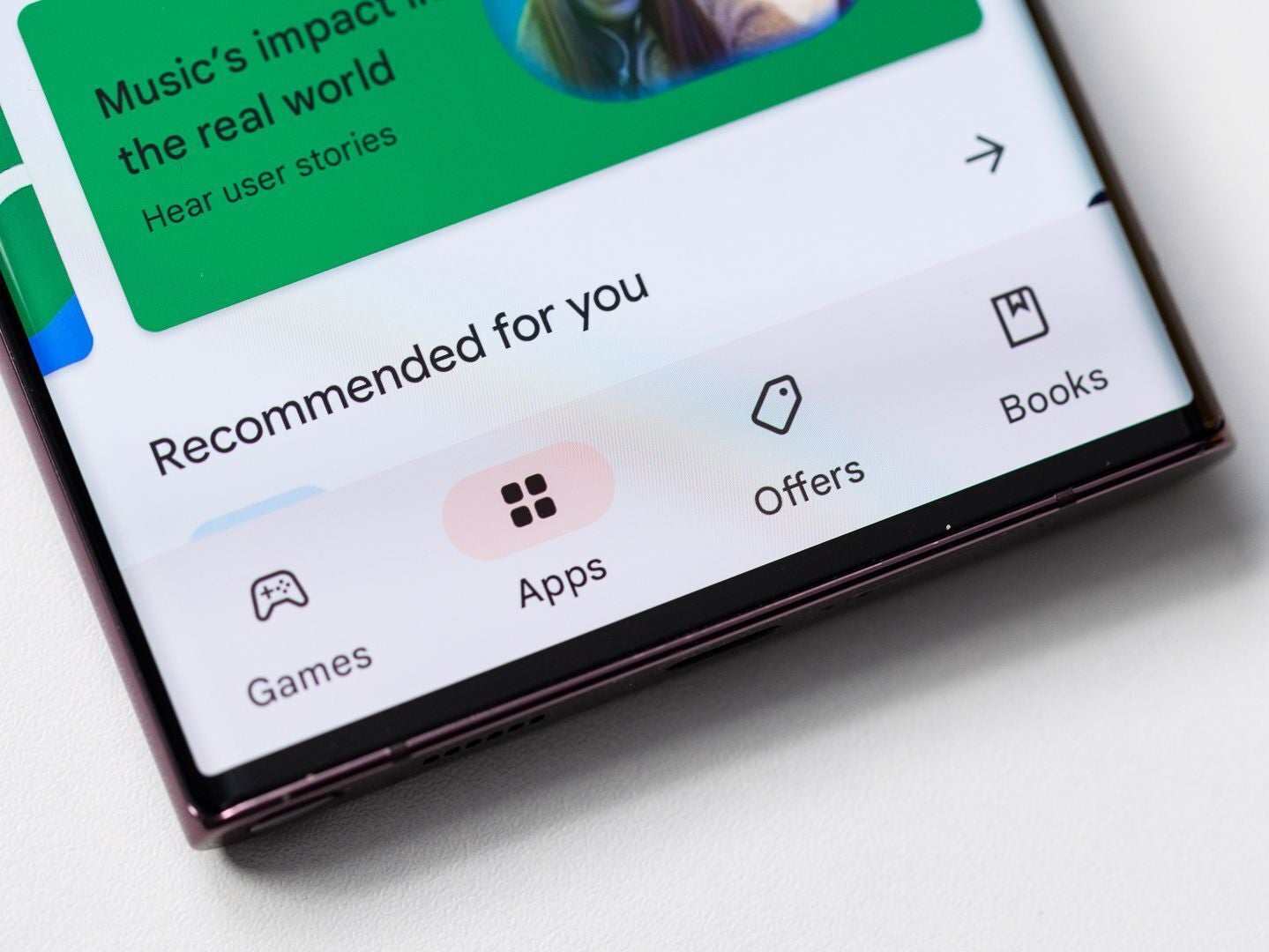Google Play Store’s spam policies are heavily undefined and here is the perfect example
While that sounds fine and dandy, an issue arises when the entire definition of the policy fits in about a paragraph of text. Don’t get us wrong: it’s better for it to exist, but further elaboration is certainly required. Why? Redditor Grabster’s first hand account is the perfect example.
Grabster is a developer that makes icon packs — apps that allow you to to change how your app icons look on Android. Typically, products like this come in a couple of different variants, so that users can have a wider diversity of options when creating their ideal setup. This is part of Android’s approach to customization from time immemorial and is pretty much what users have come to see as the “norm”.
Enter stage left: Google’s bot that enforces the Play Store policies. It noticed these variant apps that Grabster uploaded and — after a period of contemplation — decided that they look samey, so they must be repetitive. Right?
Here’s what the bot cited in an automated email to the developer:
- Copying content from other apps without adding any original content or value.
- Creating multiple apps with highly similar content and user experience.
One of the solutions that Google offered through the automated email was combining all variants in a single pack, but let us explain why that wouldn’t work. First off, it would call for a price increase, which is never good news, and — more importantly — users would end up paying for icons that they wouldn’t really use. Ergo, this makes zero marketing sense.
Furthermore, if the decision that the bot made was part of some grand-sweep, affecting all icon packs with a multitude of variants, it would’ve made slightly more sense. That, however, isn’t the case, as other icon packs were not affected at all.

At this point, Customization should really be its own navbar category.
Grabster had options: appeal the decision or combine the variants into a single fat-pack of an app. But they were too exhausted to do either, even if users encouraged them otherwise. And this is where things get odd.
AndroidPolice got a hold of this story and reached out to Google for comments, especially regarding how the aforementioned repetitive content policy would be enforced from here on out. After all, if more decisions like this are underway, they would certainly impact the culture of customization that Android is known for as an OS.
In a dualistic and somewhat dissatisfying turn of events, Google didn’t provide any commentary on the situation, but it went ahead and reinstated the icon packs back on the Play Store. While this is a solid win indeed, we hope that the Big G will take a moment to scold their bot and ensure that no mishaps like this happen again.
For all the latest Technology News Click Here
For the latest news and updates, follow us on Google News.
